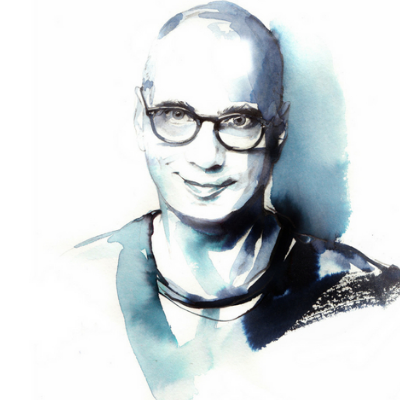Age limits for social media: take precautions instead of waiting
The era of large digital corporations is often compared to the Californian gold rush. Back then, the law of the jungle prevailed in the Wild West. Today, digital service providers are similarly ruthless when it comes to issues such as data protection, privacy and copyright.
They are also completely indifferent to the protection of minors. Two examples: In February 2024, a teenager in the United States took his own life after an AI encouraged him in his suicidal intentions. And in August 2025, Meta allowed children to flirt with chatbots for testing purposes. It is therefore only logical that government regulations are being pushed forward in many countries. Australia has already banned access to social media for under-16s, and an EU commission is working on a proposal for age verification on social media.
However, as debates on bans are often conducted in an undifferentiated and ideological manner, fact-based findings are particularly sought after. These are provided by the discussion paper «Social Media and the Mental Health of Children and Young People» published by the German National Academy of Sciences Leopoldina in Halle (Germany). The 80-page treatise offers a calm analysis of the current state of research.
The study situation is unclear
The scientists admit that even in research, the question of the impact of social media is quite controversial. Most studies merely show that certain circumstances and social media occur together, without it being clear whether there is a causal link between them.
And the question of how social media actually affects the brain has «hardly been studied neuroscientifically to date, so the empirical evidence is rather thin». To make matters worse, «the major digital platforms often resist the creation of public knowledge and the exchange of data for the purposes of scientific analysis».
Social media strengthens social bonds and self-esteem when used responsibly, the researchers write in their study.
The paper highlights the positive and negative health effects of social media on children and young people. It states that social media are «important platforms for young people to express themselves and their opinions and to find their own political voice. Receiving positive feedback from others or using social media to reflect on themselves can strengthen their self-esteem.»
In particular, authentic self-presentation on the internet is positively correlated with psychological well-being. Exchanging private messages on social networks helps to maintain social contacts and obtain stronger social support online, which boosts self-confidence.
A clear recommendation
The negative aspects of social media are also discussed: cyberbullying, hateful comments and misinformation have a negative impact on young people's well-being. «The high density of biological, psychological and social developmental tasks in childhood and adolescence makes this phase of life particularly susceptible to the development of mental disorders,» according to the authors of the study. This can trigger or exacerbate symptoms of depression and anxiety, stress, sleep problems and eating disorders.
«In view of this situation, we advocate the application of the precautionary principle,» write the scientists. This involves recommendations for action "when there is scientifically justified suspicion of significant harm to human health or the environment, but the empirical evidence is insufficient to conclusively prove the existence, probability of occurrence and extent of such harm."
The position of the Swiss authorities
The German study is being closely monitored in Switzerland. However, according to the Federal Social Insurance Office, which is responsible for youth media protection at the federal level, there are currently no concrete plans for age verification. It is also not possible to assess whether Switzerland would follow the EU's efforts in this regard.
«In my opinion, Switzerland will never adopt something «just like that», but will always analyse the situation first,» says Yvonne Haldimann, Deputy Head of Children and Youth Issues. «Apart from that, social media platform providers are well aware that there are country-specific characteristics or regulations to which they must adapt.»
recommendations
- Under 13 years of age: strict prohibition of use
- 13–15 years: Use only with parental consent and supervision
- 13–17 years: age-appropriate design of platforms with limited functions
- Mandatory age verification
Social media design for minors
- For under-18s: no personalised advertising, no profiles, no monetisation, simple privacy policy
- For under-16s: only confirmed contacts, no live streaming, no push notifications, no autoplay/infinite scrolling
- Mandatory breaks after, for example, 45 minutes of use
educational institutions
- Smartphone ban in nurseries and schools up to Year 10
- Digital education canon: reflective use, media literacy, AI knowledge
- Integrating addiction prevention
- Critically limit the use of social media for school purposes
Click here for the study «Social media and the mental health of children and young people».




